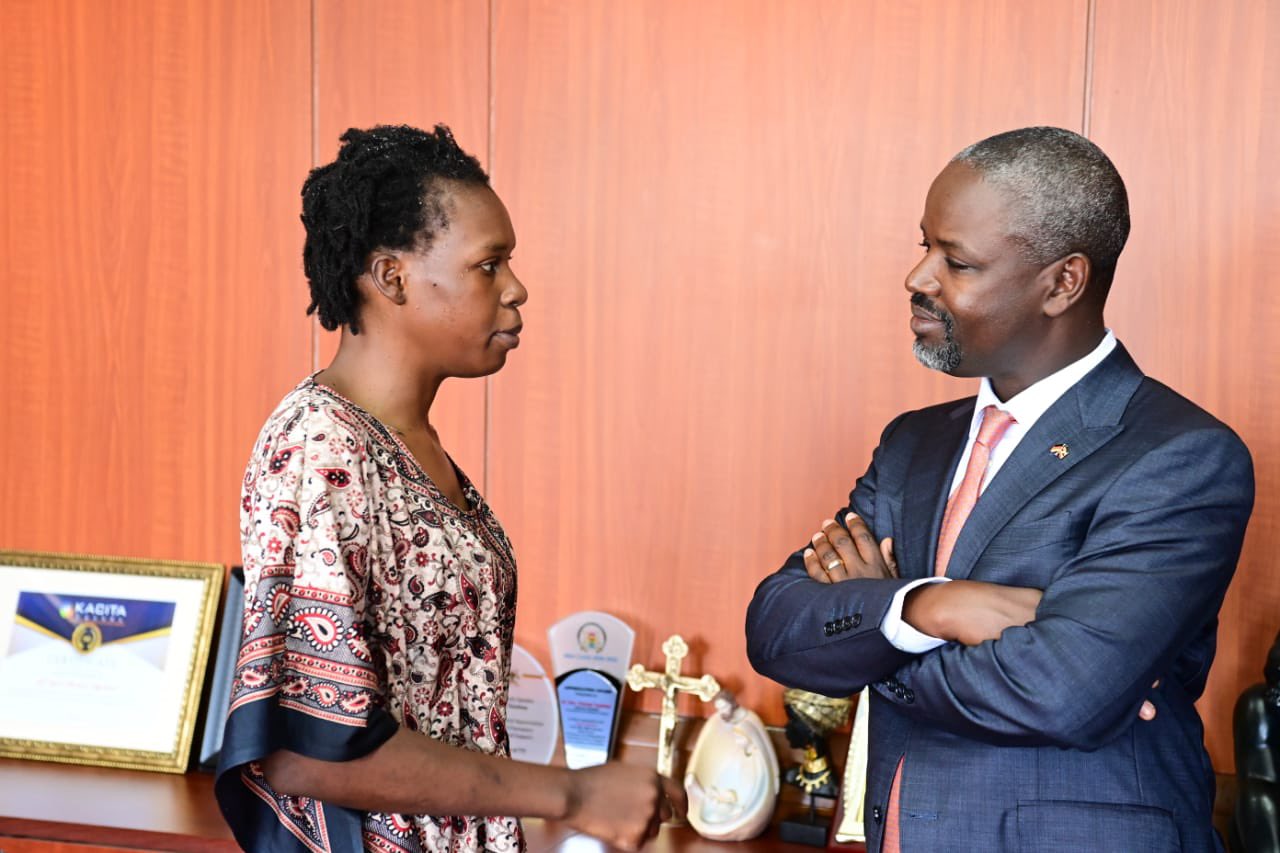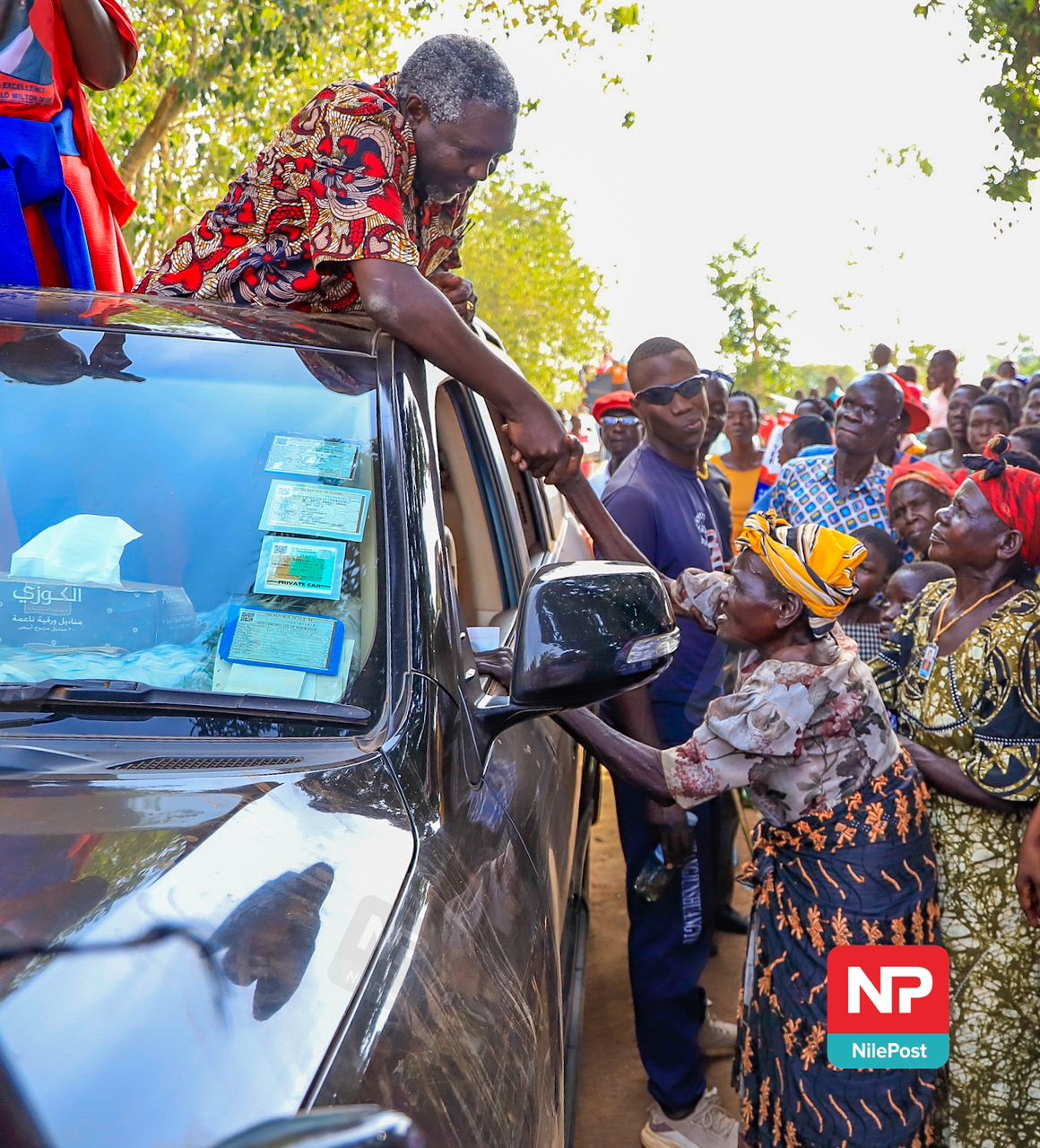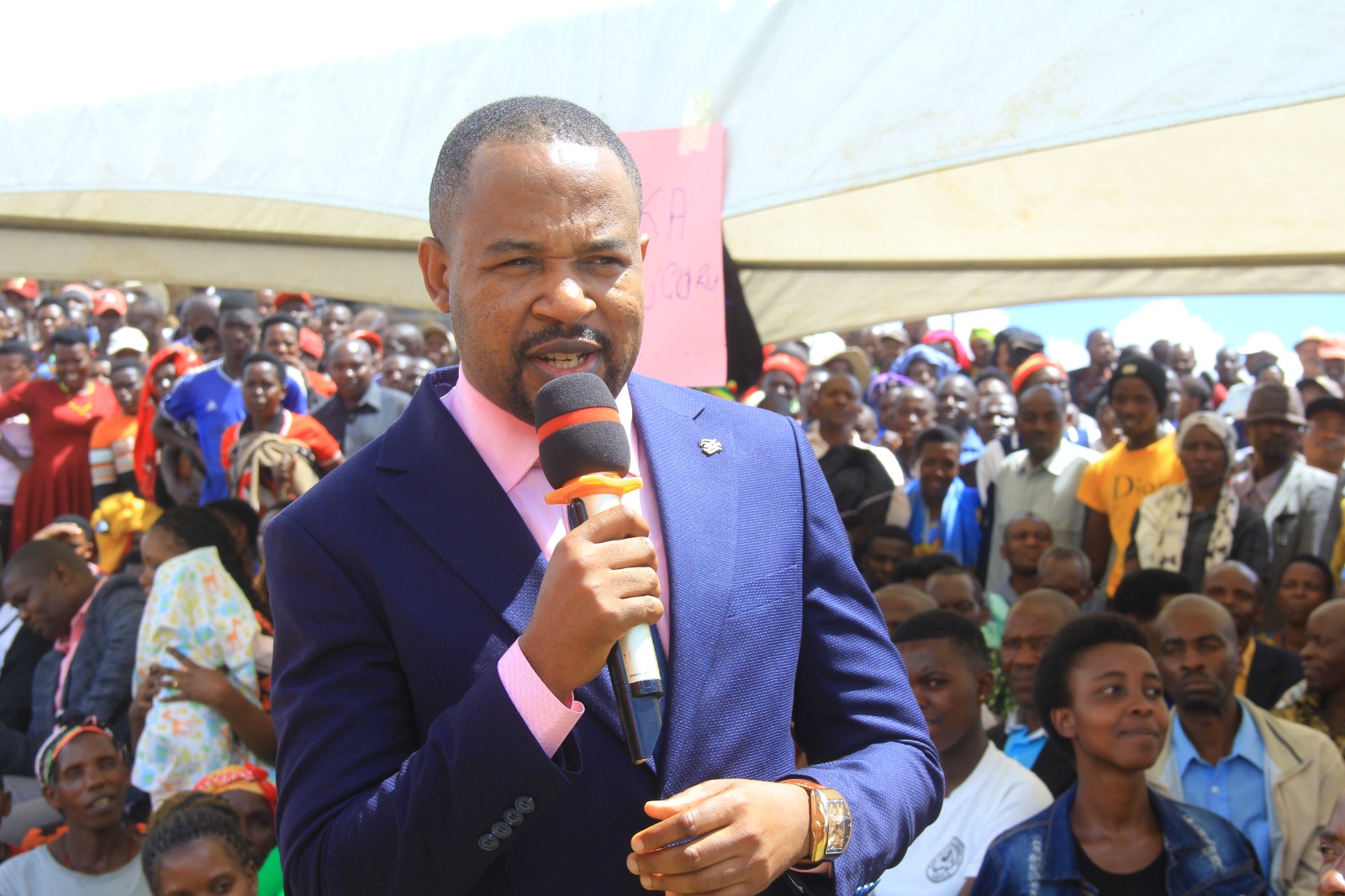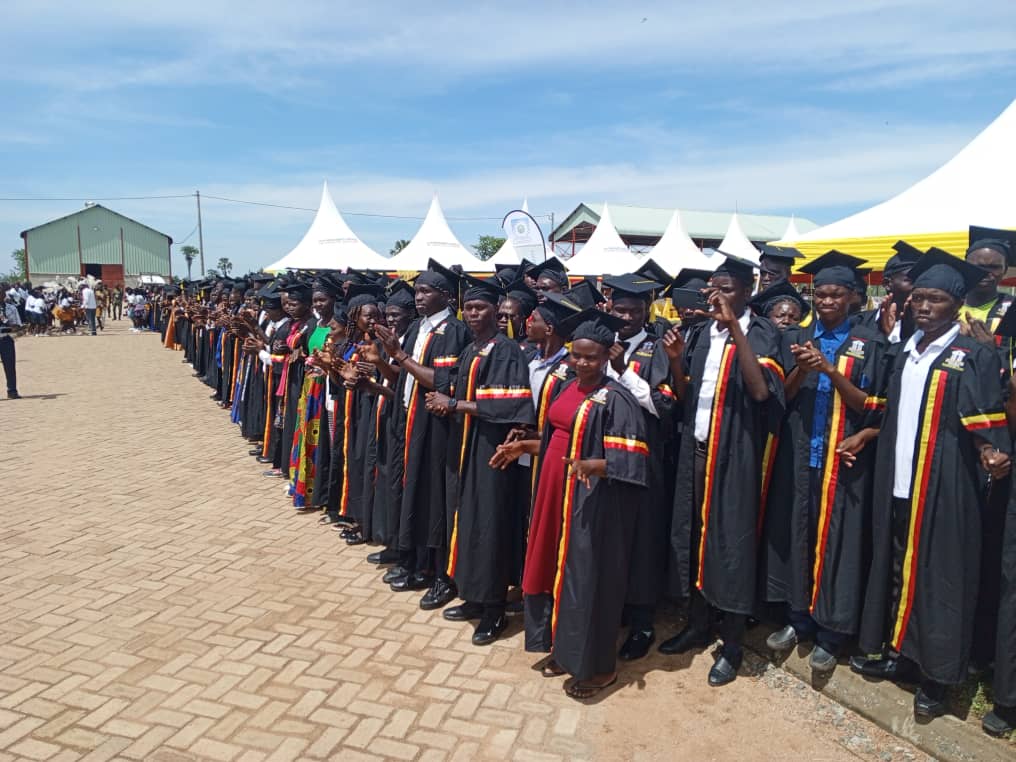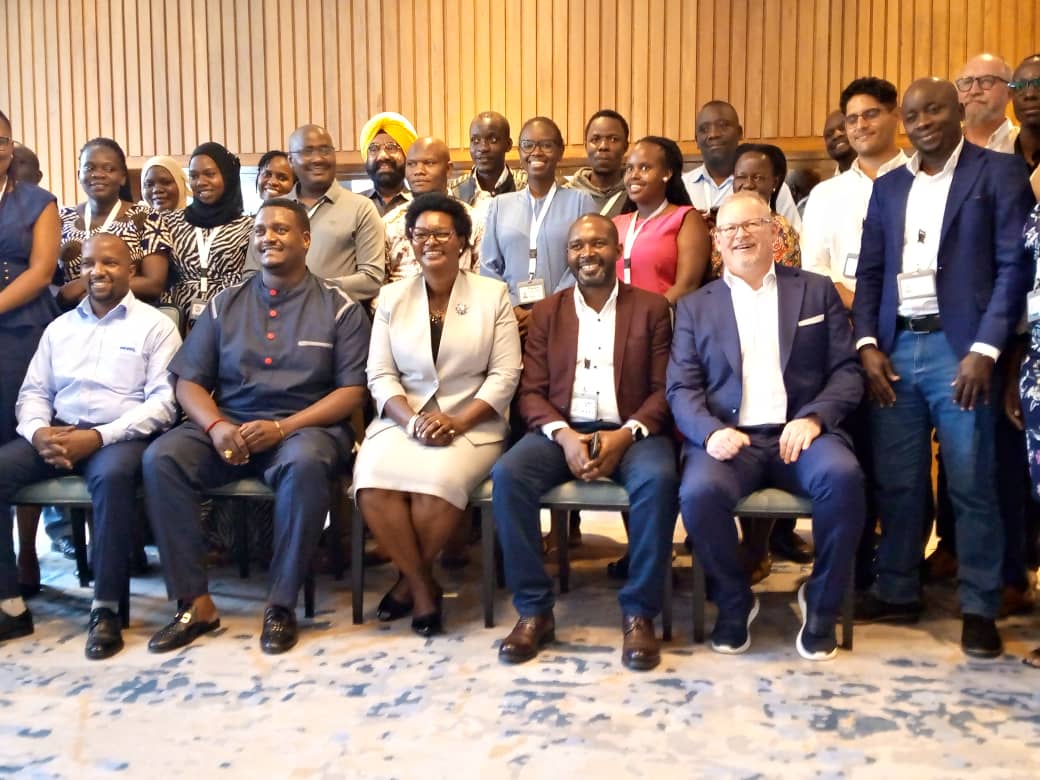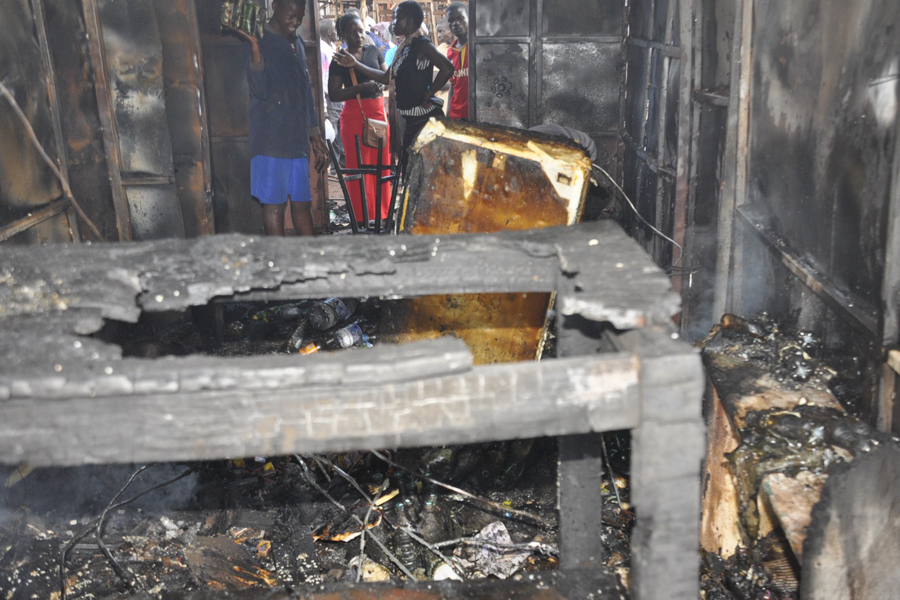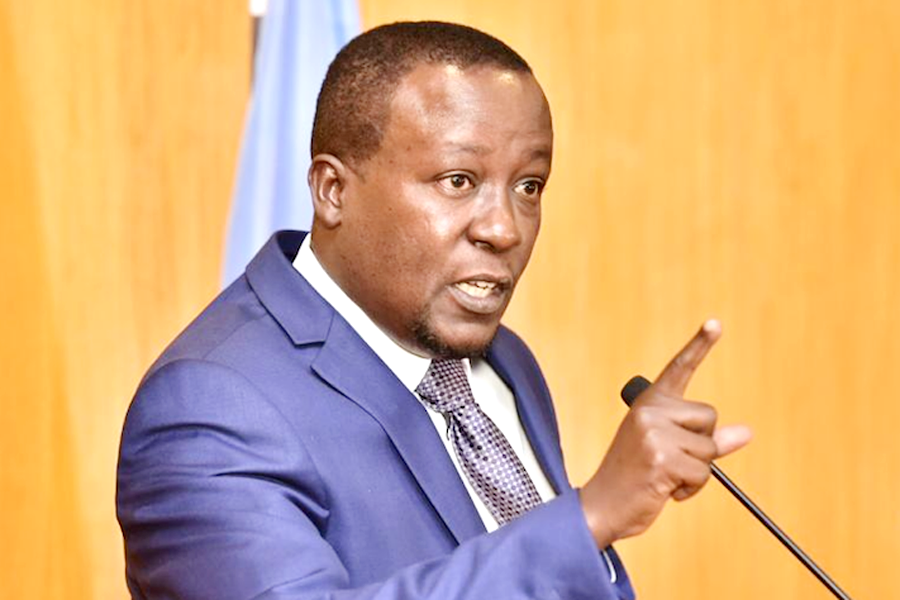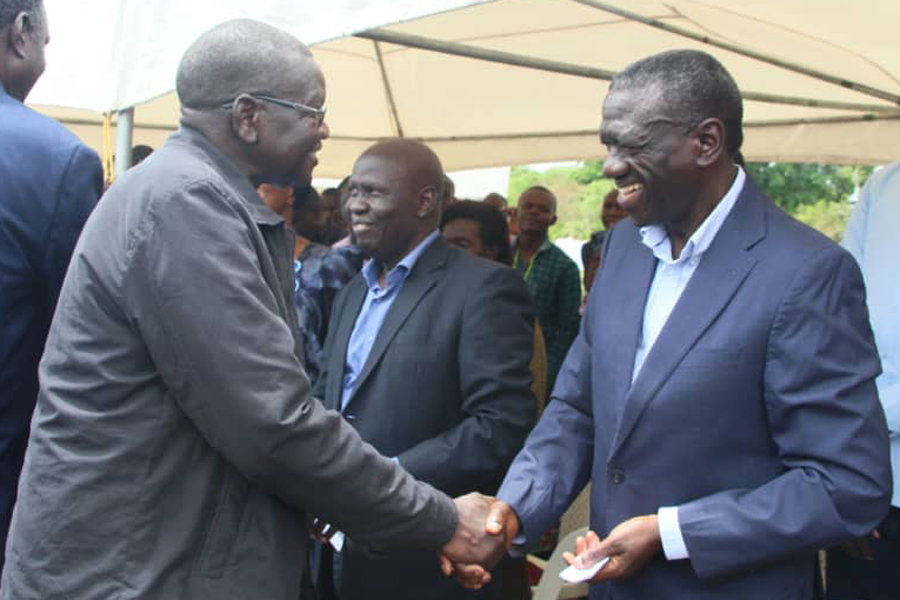FULL SPEECH: Rugunda launches NRM Manifesto week
As the Hon Minister and the Rt Hon Secretary General have said, tomorrow 12th May 2018 marks two years since HE President Yoweri Museveni and the National Resistance Movement assumed the mantle of leading the affairs of the State and Government following the 18th February 2016 General elections.
Keep Reading
Through the Manifesto for that election, we entered a social contract with the people of Uganda to take the country to Modernity through job creation and inclusive development. That was theme of our pledge to Ugandans, and that is what we are working on to achieve.
The NRM Manifesto is anchored in Vision 2040 and the 2nd National Development Plan. It commits to deliver Ugandans into middle income status and to ensure sustainable development.
Two years into that mandate, we would like to inform Ugandans that we are on course, making steady progress, to achieve the targets we set together with the people of Uganda.
We are therefore using this Manifesto Week to take stock of what has been achieved so far, the challenges that we have encountered, the steps being undertaken to address those challenges, and the roadmap to accomplish the remaining tasks.
Starting on Monday, next week, different sector Ministers will be coming here at the Uganda Media Centre to give an account to the country about what is happening in their dockets in line with the Manifesto.
Overall, our assessment of the implementation of the Manifesto commitments to date is at 38.2 percent. Our projections are that the momentum of implementation is going to more than double, such that by the end of the next two years, we shall be well over 80 percent.
I will today make some highlights of the progress that has been registered on some of the major elements in the manifesto.
In the implementation of the Manifesto, we are guided by the 23 Directives issued by HE President Museveni at the first Cabinet Meeting in June 2016, highlighting the critical priority areas that need to be attended to, in order to achieve our goals.
First, to ensure smooth implementation of the Manifesto, Government initiated a number of reforms with regard to policies, laws and regulations. Among these are proposals is the amendment of the Public Procurement and Disposal of Assets (PPDA) Law; a policy on establishing a utility corridor; free connection to the national grid; improved planning, budgeting, monitoring and reporting; and continuous implementation of affirmative programmes in selected regions to promote inclusive growth and development.
Maintaining peace and security have remained the core ingredients upon which the various social economic activities are hinged. We have had some unfortunate, but isolated cases of criminality which are being dealt with by the responsible agencies of the State. Ugandans should rest assured that their security and safety remains the top priority of the NRM Government as it has been for the last three decades. We appeal to all Ugandans to remain vigilant and support security agencies to combat crime.
At the regional level, we continue to work with neighbours, the UN, African Union, IGAD and other partners to support efforts aimed at promoting regional peace and security.
- On energy: We have signed a construction agreement for an oil refinery worth $4bn under a joint venture with an international consortium led by General Electric (GE) and our National Oil Company. GE, as you may be aware, is one of the global leaders in this industry. The capacity of the refinery will be over 50,000 barrels per day. This is a significant step in achieving our target of getting the first oil by 2020. The coming in of oil revenues into our financial streams will provide the much needed stabilisation of the economy and generating funds to build other forms of critical infrastructure.
- Progress has also been made on preparations to work on the oil pipeline. In this regard, Uganda and Tanzania have agreed on the construction of the oil pipeline from Hoima to the Tanzanian Seaport of Tanga.
- On the 600MW Karuma Hydropower Project: Construction works now stand at 74 percent from 54 percent last year.
- Isimba 183 MW Hydropower Project stands at 79 percent from 62.25 percent last year. I cannot stress enough the critical importance of access to reliable, affordable and sufficient power to drive our industrialisation agenda to create the much needed jobs, especially for our young people.
- The operationalisation of the Gold Refinery as well as the advanced stages in the construction of the phosphates factory in Tororo are also significant steps. The phosphates factory in particular is going to provide the fertilizers we need to boost farm productivity. It will also produce steel, cement, sulphuric acid and other industrial products.
- On roads: We promised in the Manifesto to continue investing in construction and upgrading of the road networks in the country. In the last two years 8 road projects were completed or are nearing completion. These include:
- Mukono-Kyetume-Katosi Road (74km)
- Gulu-Acholibur Road (77.7km)
- Kanoni-Sembabule Villa Maria (110km)
- Kampala-Entebbe Expressway (49.56km)
- Mbarara Bypass (14km)
- Rushere-Nshwerenkye (11.1km)
- Upgrading of FortPortal-Kamwenge Road
- Upgrading of Ntungamo-Mirama Hill.
Government has also procured 1,151 assorted road equipment and distributed it to districts. These are important for maintaining district and feeder roads.
Regarding Oil Roads, civil works contracts for Masindi-Paraa-Buliisa upgrading, Hoima Butiaba-Wanseko, Buhimba-Nalweyo-Bulamagi and Bulamagi-Igayaza-Kakumiro roads have been awarded.
Progress is also being made in construction of key bridges to facilitate business and trade. Among the completed ones are: Apak Bridge in Lira; Manafa Bridge along Tororo-Mbale road; Goli and Nyagak in Nebbi, Lelesi Bridge in Butaleja and Kibale Bridge, linking Kyankwanzi to Ngoma in Nakaseke.
Substantial works have also been undertaken on the 2nd Nile Bridge in Jinja and is nearing completion. You may have seen pictures of the connection of the two sections of the bridge in the media recently.
Work on expansion and modernisation of Entebbe International Airport to accommodate the volume of increasing traffic is also progressing well. So far, 50 percent of the Cargo Complex works have been completed, and 22 percent of the modification of the existing passenger Terminal Building has been completed. Works on the 12/30 Runway are set to start this month.
Works on the revival of the National Carrier/ Airline are also in advanced stages. A taskforce for this work is in place, a business and implementation plan has been prepared and approved by Cabinet, and a Uganda National Airline Company registered.
On the Standard Gauge Railway, preliminary engineering designs for the Northern and Western Routes have been completed and partial payments to Project Affected Persons made. It is envisaged that by July this year, the financial agreement will be finalised and work will commence.
In health, construction, expansion and rehabilitation of Mulago National Referral Hospital to turn it into a super specialised facility is in its final stages. The Uganda Heart Institute is now fully operational with sound equipment able to handle atleast 1000 operations per year. This is significant because, today, majority of heart related operations can and are ably handled at the Heart Institute. This is saving the country and patients the financial haemorrhage that comes with sending patients abroad.
In the education sector, 2.5 million textbooks have been procured for different subjects for primary school pupils. This has brought the pupil to book ratio to 3:1 and 4:1 for Mathematics and English respectively. 10 Primary Teacher Training Colleges and 3 National Teachers Colleges have been expanded. There has also been the construction of Seed Secondary schools in various places across the country.
In addition, a special pilot initiative spearheaded by the Delivery Unit in the Office of the Prime Minister and the Ministries of Education and Sports, Health, Local Government and Public Service to address teacher and health workers absenteeism in 20 districts in Eastern Uganda is beginning to bear fruit. By ensuring close tracking and monitoring, the rates of teacher and health worker absenteeism has declined over the last six months.
We shall continue to improve the quality of learning in our schools, and services in health centres, including the improvement of the conditions of work for teachers and health workers.
We have continued to prioritise investments in agriculture as the backbone of our economy with provision of pesticides, seedlings and extension services to farmers. The recruitment of extension workers in particular will provide farmers with the knowledge and skills to handle their activities professionally and with a business mind.
Through Operation Wealth Creation, seedlings of cocoa, citrus, tea, mangoes, oranges and apples have been distributed.
Good work is also being done on increasing coffee production. For example, coffee production has grown from 3.6 million bags last year to 4.8 million bags to date.
Finally, I would like to state that the fundamentals of the economy that are responsible for rapid economic growth are being systematically dealt with. It is not surprising that our GDP growth rate that had declined due to severe drought among other factors is projected to regain its pace at 6 percent. On investments, the Government is working to improve the investment climate to reduce the cost of doing business and attract investors.
In the coming days, as has been stated, responsible ministers will be briefing you on the progress that has been made in many other areas, such as water for domestic and commercial use, in the performance of the Women Enterprise Fund, the Youth Livelihood Fund, general performance of the economy, among others.
I call upon the public to take interest in these programmes, and by this launch, I am also calling upon accounting officers at the local government levels to also organise to use radios and other media to tell our people about the implementation of Government programmes in their various locations.
Let me also warn anybody who is involved or planning to engage in corruption, that the long arm of the law will catch up with them.
I would like to stress that when President Yoweri Museveni described this term as Kisanja Hakuna Mchezo, he meant it and we are all following suit. Poor performance will not be tolerated.
Thank you



